How do the multilingual Swiss talk to each other?
How is Switzerland, with its four national languages, responding to the changes and challenges of globalisation and the use of English as a lingua franca?
Switzerland has four national languages: German (spoken by about 63% of the population), French (23%), Italian (8%) and Romansh (0.5%). Romansh is not an official language (apart from in canton Graubünden).
These percentages haven’t changed massively over the years, although there has been a slight increase French and English and a slight decrease in German:
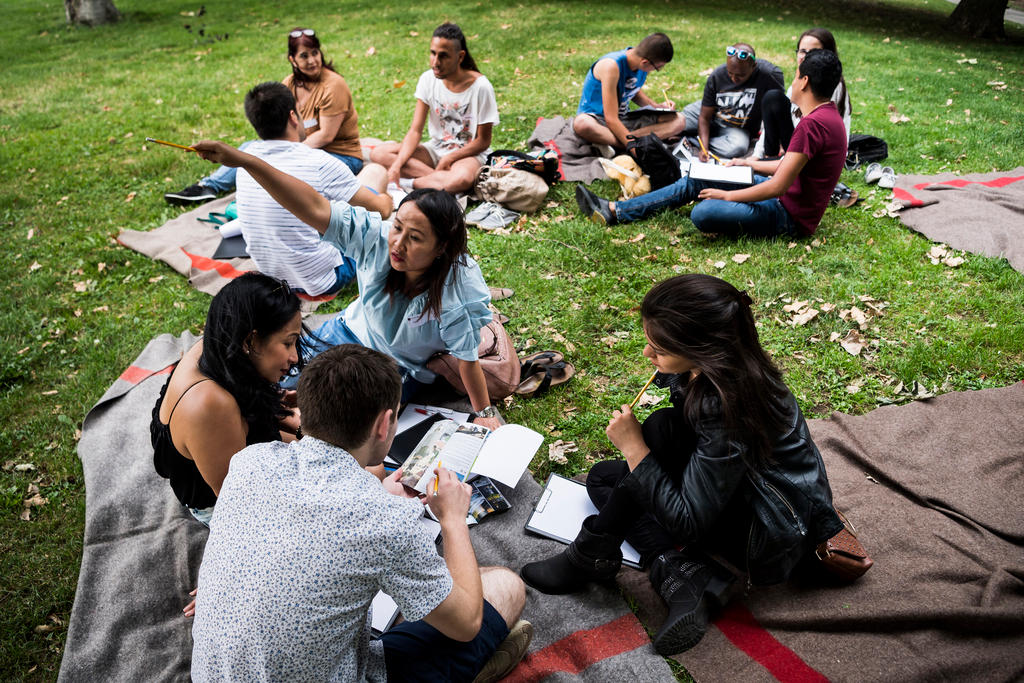
More
French flourishes in Switzerland
Then there’s Swiss-German. This is a collection of local dialects that practically all Swiss who have grown up in the German-speaking part of the country speak among themselves.
Swiss-German is very different from High German (as spoken in Germany) – even mother-tongue Germans find it tough to understand – so when Swiss-German speakers see that a German-speaking foreigner or someone from another part of Switzerland is struggling, they usually switch to a Swiss version of High German. Almost all Swiss-German speakers can do this as High German must be spoken in classrooms. It is also spoken in parliament and often on public television and radio:

More
Why the Swiss still speak in dialects
This does not mean all Swiss are constantly flipping between several languages, although most of them regularly use more than one language either at home or at work:
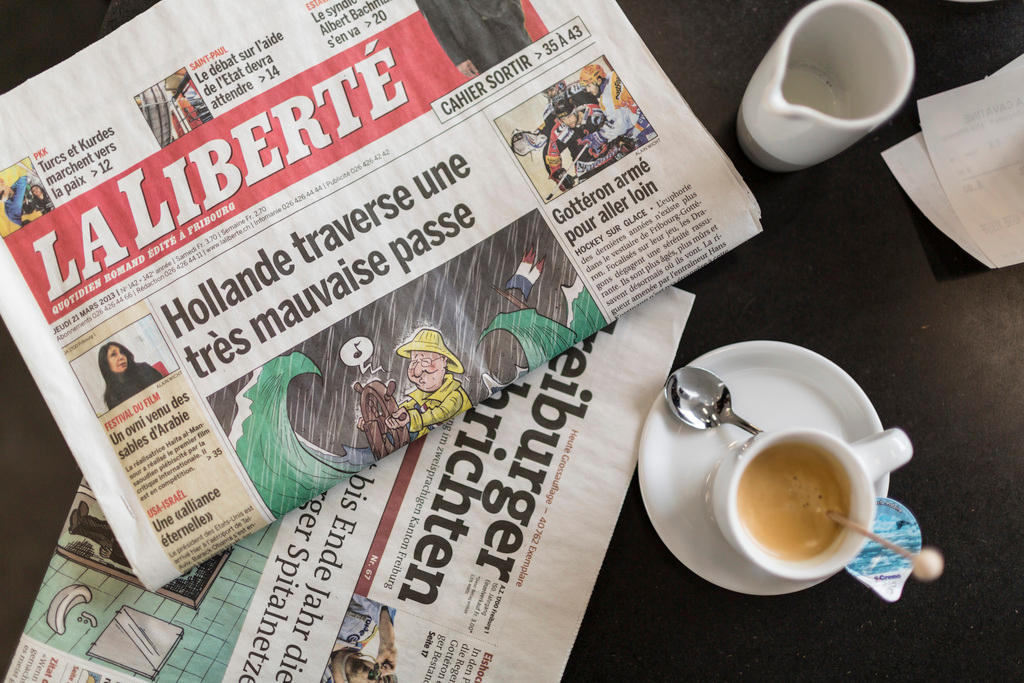
More
How many Swiss regularly use at least four languages?
So how do the multilingual Swiss talk to each other? One swissinfo.ch employee who speaks seven languages explains whether it’s ever confusing trying to work out which languages to speak to a fellow Swiss:
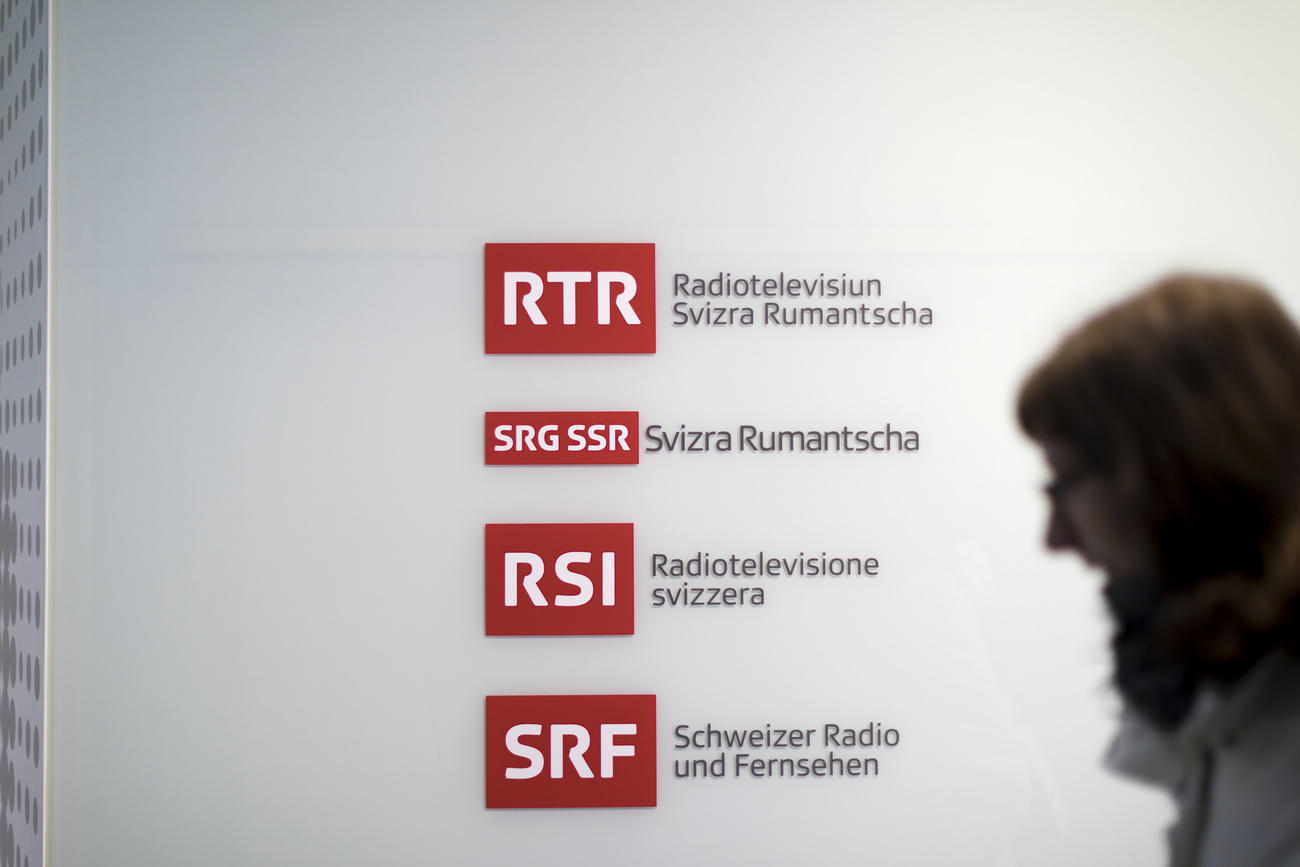
More
Understanding the daily challenges of multilingualism
One obvious area where misunderstandings could have serious consequences is politics. So how do the authorities ensure that parliamentarians are on the same page and know what they’re voting for? In the House or Representatives (where German speakers must give speeches in High German) the answer is simultaneous interpreting.
“I was absolutely nervous the first time I did it!” explains Hans Martin Jörimann, who has been interpreting in parliament for 14 years. “I was overwhelmed not so much by the speeches that were delivered but by the context and all the specific jargon. Once you understand the way it works, it’s a lot easier.”
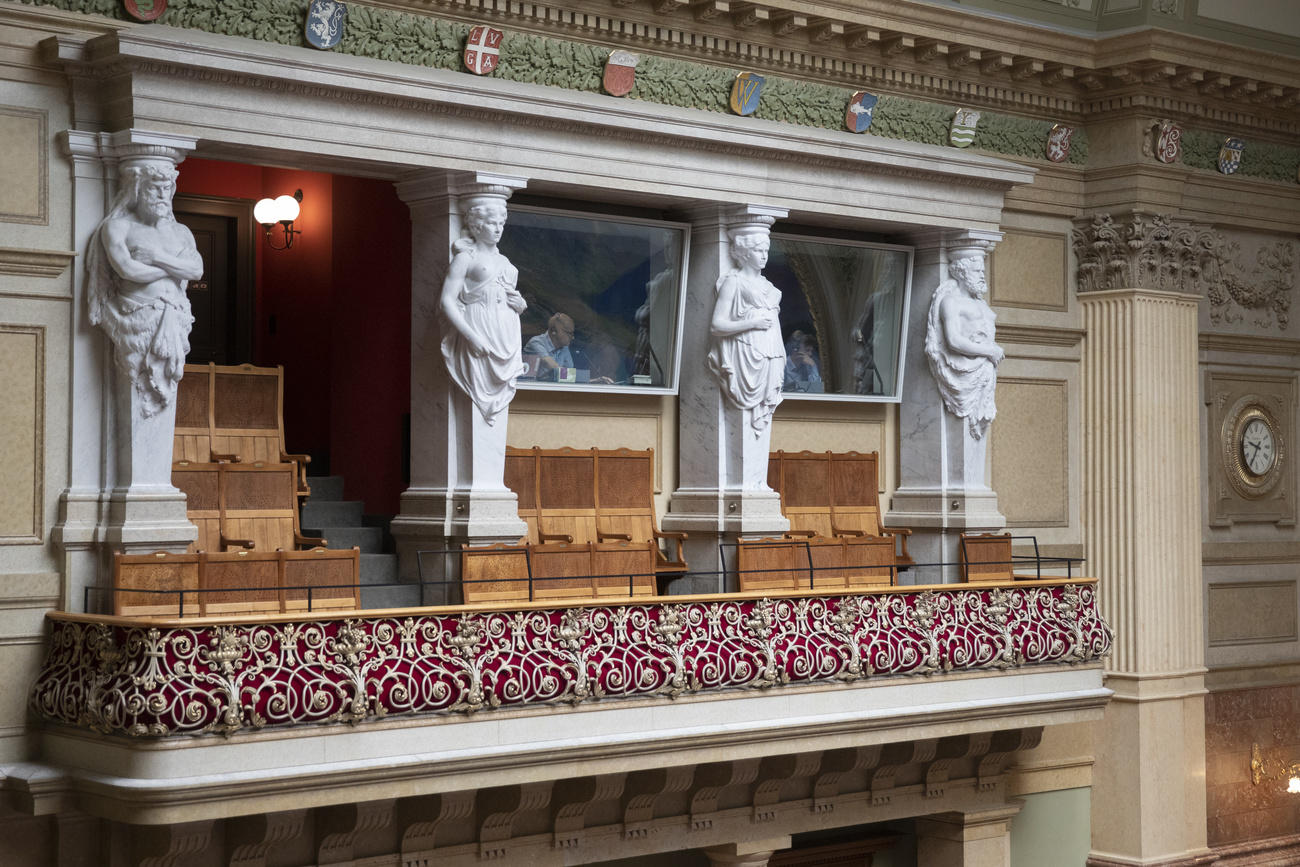
More
The art of interpreting in Switzerland’s polyglot parliament
A politically sensitive topic is when to start teaching English to Swiss schoolchildren. Many pupils and parents prefer English to be taught before another national language, arguing English is more useful. Others worry about the effects this could have on national cohesion:

More
Zurich voters support current foreign language approach
Whatever happens in schools, more and more English is heard in Switzerland, owing not only to growing immigration from Anglophone countries but also because it is increasingly being used as a bridge between Swiss people from different linguistic regions. English is even creeping into German:

More
English words in German: a linguistic cliffhanger
And English is far from the only non-national language heard in Switzerland, with Portuguese and Albanian not far behind. How has migration changed the linguistic landscape?
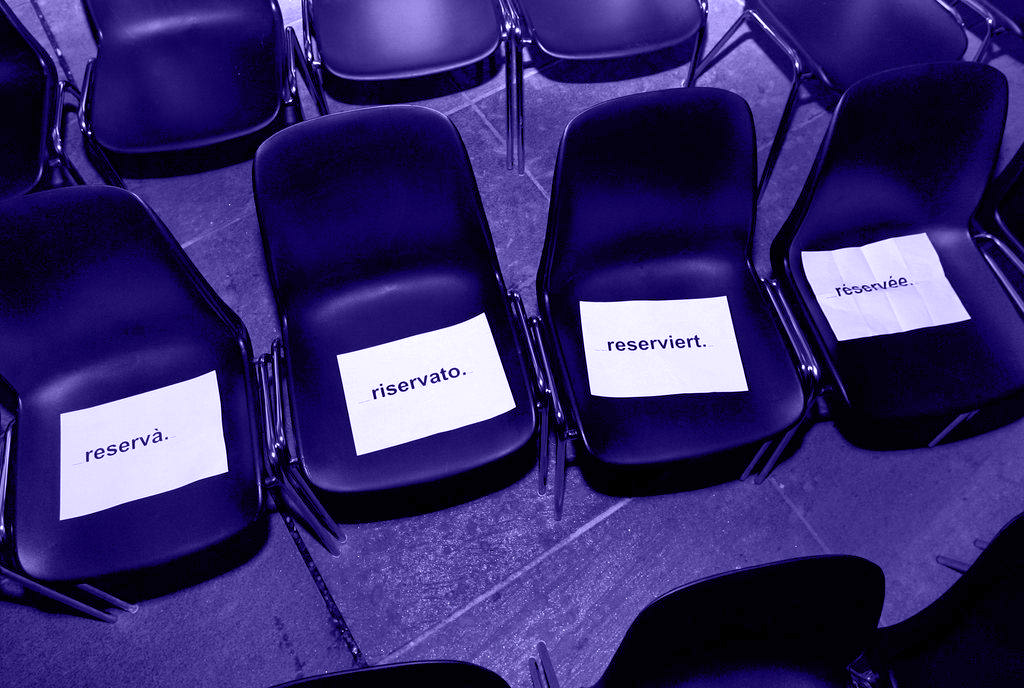
More
Has migration changed the Swiss language map?
As for Romansh, spoken by an estimated 50,000 people in the eastern canton of Graubünden, it faces the same challenges as any minority language, whether it’s Welsh or Navajo:
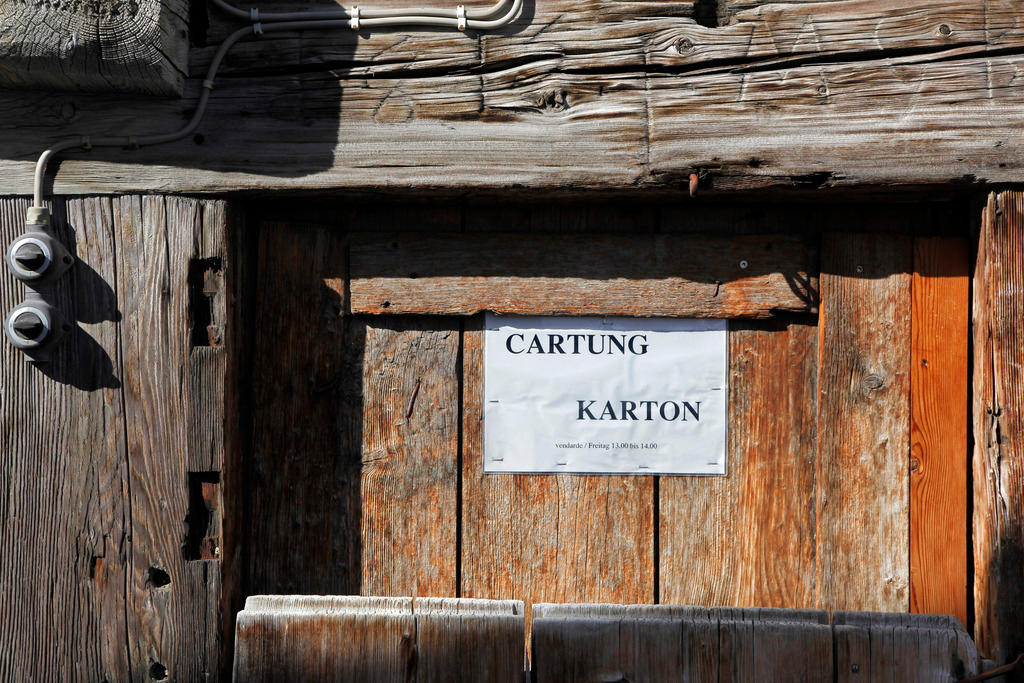
More
Switzerland’s smallest national language struggles for survival

In compliance with the JTI standards
More: SWI swissinfo.ch certified by the Journalism Trust Initiative









You can find an overview of ongoing debates with our journalists here . Please join us!
If you want to start a conversation about a topic raised in this article or want to report factual errors, email us at english@swissinfo.ch.